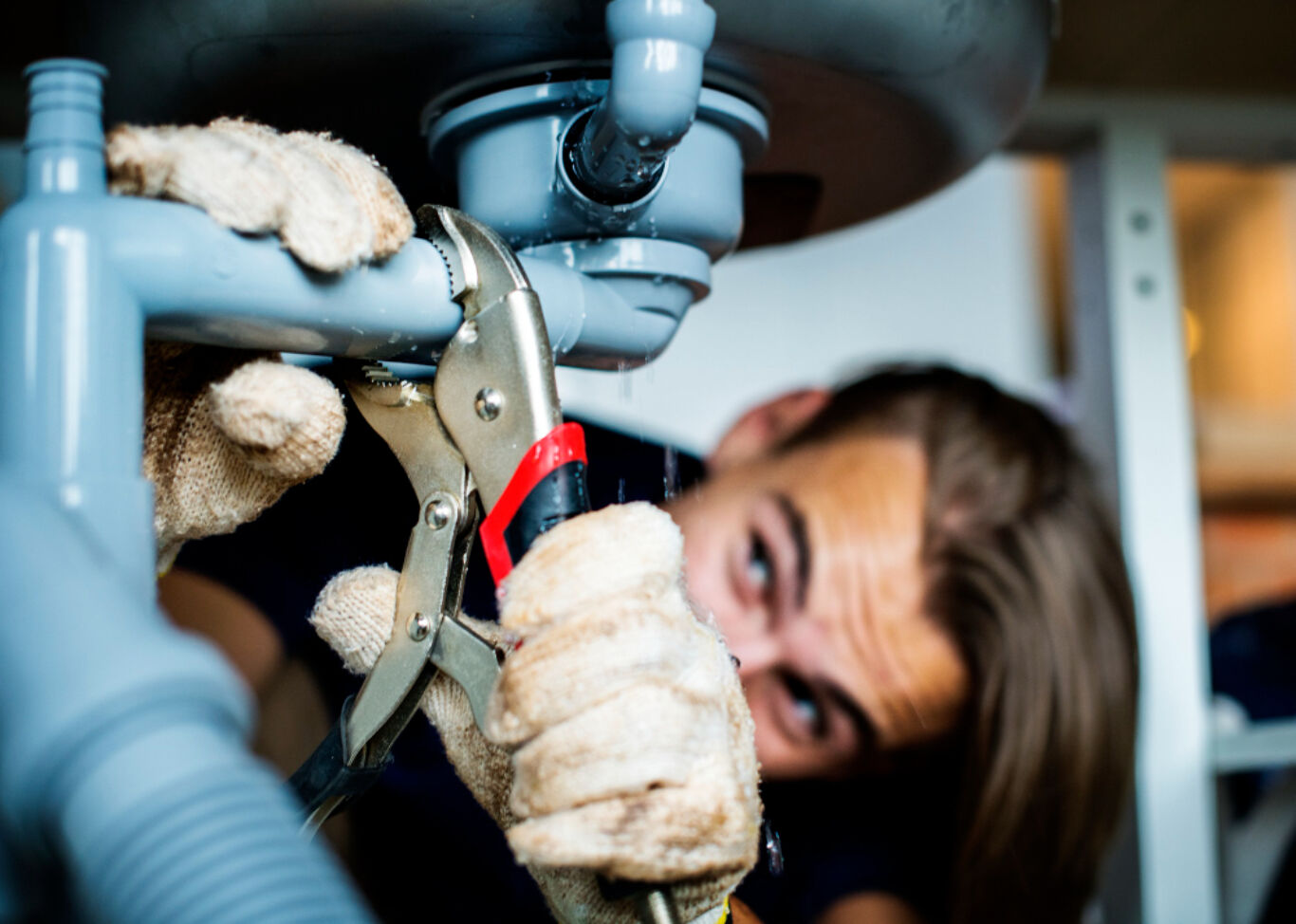

Articles
How Much Does Plumbing School Cost
Modified: October 20, 2024
Looking for articles on how much plumbing school costs? Find the information you need and compare prices in our comprehensive guide.
(Many of the links in this article redirect to a specific reviewed product. Your purchase of these products through affiliate links helps to generate commission for Storables.com, at no extra cost. Learn more)
Introduction
Are you considering a career in plumbing? Do you enjoy working with your hands and solving practical problems? If so, attending plumbing school may be the perfect path for you to pursue your passion and gain the necessary skills to excel in the field.
However, before embarking on this educational journey, it’s important to understand the costs associated with plumbing school. From tuition fees to additional expenses, there are several factors that can influence the overall cost of your education. In this article, we will explore the various aspects of plumbing school costs and provide insights to help you make an informed decision.
Factors Affecting Plumbing School Costs
Before we dive into the specific costs, let’s take a look at the factors that can impact the total expenses of attending plumbing school.
- Location: The geographic location of the school can significantly affect the tuition fees. Plumbing schools in metropolitan areas or regions with a high cost of living may have higher fees compared to schools located in rural or less expensive areas.
- School Reputation: Prestigious or well-known plumbing schools may have higher tuition fees due to their reputation and the quality of education they offer.
- Program Length: The duration of the plumbing program can vary from a few months to several years. Longer programs may have higher costs as they cover more extensive coursework.
- Program Type: Plumbing schools may offer different types of programs, such as certificate programs or associate degrees. The cost of each program can vary based on the level of qualification you are aiming to achieve.
- Additional Resources: Some plumbing schools may provide additional resources such as textbooks, tools, or uniform kits. These extra resources may incur additional costs.
Tuition Fees for Plumbing Programs
Key Takeaways:
- Plumbing school costs vary based on factors like location, program length, and reputation. Thorough research and comparison can help find an affordable, quality education that aligns with financial and career goals.
- Financial aid, scholarships, and cost-saving strategies can alleviate the financial burden of plumbing school. The potential job demand, income, and career advancement make plumbing school a worthwhile investment for the right individual.
Read more: How Much Does Plumbing Repair Cost
Factors Affecting Plumbing School Costs
When considering the cost of attending plumbing school, it’s essential to understand the factors that can influence the overall expenses. Let’s take a closer look at these factors:
- Location: The geographic location of the plumbing school can play a significant role in determining the cost of education. Schools located in metropolitan areas or regions with a high cost of living may have higher tuition fees compared to schools in rural or less expensive areas.
- School Reputation: Prestigious or well-known plumbing schools often have higher tuition fees due to their reputation and the quality of education they provide. While attending a reputable school may come with a higher price tag, it can also enhance your career prospects in the long run.
- Program Length: The duration of the plumbing program can vary from a few months to several years. Longer programs generally have higher costs as they cover more extensive coursework. Consider your career goals and the level of expertise you wish to achieve when deciding on the program length.
- Program Type: Plumbing schools offer various types of programs, such as certificate programs and associate degrees. The cost of each program can vary based on the level of qualification you are aiming to achieve. Certificate programs are typically shorter and less expensive, while earning an associate degree may require more time and financial investment.
- Additional Resources: Some plumbing schools may provide additional resources such as textbooks, tools, or uniform kits. These additional resources may incur extra costs that should be factored into your overall budget.
It’s important to thoroughly research different plumbing schools and compare the costs associated with each one. Consider factors such as the reputation of the school, the program length, the location, and additional resources provided. Making an informed decision based on these factors can help you find a plumbing school that aligns with your educational and financial goals.
Now that we have discussed the factors that can influence plumbing school costs, let’s move on to the next section to explore the tuition fees for plumbing programs.
Tuition Fees for Plumbing Programs
When considering attending plumbing school, one of the primary costs to factor into your budget is the tuition fees. Tuition fees can vary significantly depending on the school, program length, and location. Let’s explore the different aspects of tuition fees for plumbing programs:
School Reputation: Higher-ranked or prestigious plumbing schools often have higher tuition fees due to the quality of education they provide. While the cost may be higher, attending a reputable school can offer valuable networking opportunities and enhance your job prospects.
Program Length: The duration of plumbing programs can range from a few months to several years. Shorter programs may have lower tuition fees, while longer programs may be more expensive due to the additional coursework and training provided. Consider your career goals and the level of expertise you want to achieve when deciding on the program length.
Program Type: Plumbing schools offer different types of programs, such as certificate programs and associate degrees. Certificate programs tend to have lower tuition fees compared to associate degree programs. However, associate degree programs often provide a more comprehensive education and may be beneficial for long-term career prospects.
Location: The geographic location of the plumbing school can affect tuition fees. Schools situated in metropolitan areas or regions with a high cost of living may have higher tuition fees compared to schools in rural or less expensive areas. Consider the overall cost of living in the area when evaluating the affordability of the program.
It is important to research and compare the tuition fees of different plumbing schools to find one that fits within your budget. Keep in mind that the lowest-cost option may not always be the best choice. Consider the reputation of the school, the program length, and the quality of education offered when making your decision.
Next, let’s explore the additional costs to consider when estimating the total expenses of attending plumbing school.
Additional Costs to Consider
When estimating the total expenses of attending plumbing school, it’s crucial to consider the additional costs beyond tuition fees. These additional expenses can vary depending on the school and program. Let’s take a look at some common additional costs to consider:
- Books and Study Materials: Plumbing programs often require textbooks, reference materials, and study resources. These costs can add up, so be sure to budget for the necessary books and materials.
- Tools and Equipment: Plumbing schools may require students to purchase their own tools and equipment. This can include items such as wrenches, pipe cutters, and soldering kits. The cost of these tools can range from a few hundred dollars to several thousand, depending on the quality and quantity required.
- Uniforms: Some plumbing schools have specific dress codes or requirements for uniforms. This may involve purchasing specialized clothing, such as work boots, coveralls, or safety gear. Be sure to check with the school regarding any uniform requirements and budget accordingly.
- Licensing and Certification Fees: After completing your plumbing program, you may need to obtain certain licenses or certifications to work as a plumber. These licensure and certification fees can vary by state and can add to your overall expenses. Research the requirements of your specific location and budget for the associated costs.
- Transportation: Depending on the location of the plumbing school, you may need to consider transportation costs. This includes commuting to and from school, as well as any travel expenses for hands-on training or apprenticeship opportunities.
- Lodging and Meals: If you are attending a plumbing school that is located far from your home, you may need to factor in lodging and meal costs. Consider whether you’ll need to live on campus, rent an apartment, or find alternative accommodations during your studies.
- Insurance: Some plumbing schools require students to have personal liability insurance coverage while participating in practical training or apprenticeships. Be sure to inquire about the insurance requirements and budget for the associated premiums.
When calculating the total cost of attending plumbing school, it’s crucial to consider these additional expenses. Create a comprehensive budget that includes not only tuition fees but also the costs of books, tools, uniforms, licensing fees, transportation, and accommodation if necessary. Being aware of these additional costs will help you estimate the overall investment required for your plumbing education.
Next, let’s explore the financial aid and scholarship opportunities available to support your plumbing school expenses.
Financial Aid and Scholarships for Plumbing School
If you are concerned about the costs of attending plumbing school, there are several options available to help alleviate the financial burden. Financial aid and scholarships can provide support in funding your education. Let’s explore these opportunities:
1. Federal Financial Aid: The U.S. government offers various forms of financial aid, such as grants, loans, and work-study programs. To apply for federal financial aid, you must complete the Free Application for Federal Student Aid (FAFSA) form, which assesses your eligibility for different financial assistance programs.
2. State and Local Aid: Many states and local governments provide financial aid programs specifically tailored for residents pursuing vocational or technical education. Check with your state’s department of education or financial aid office for information on available grants or scholarships.
3. Scholarships: There are numerous scholarships available for aspiring plumbers. These scholarships can be awarded based on academic achievements, financial need, or specific criteria related to the plumbing industry. Research and apply for scholarships offered by plumbing associations, trade unions, professional organizations, and private foundations.
4. Employer Sponsorship: Some employers in the plumbing industry may offer sponsorship programs to support employees’ education. If you are already working in the plumbing field, check whether your employer provides financial assistance for further education or professional development.
5. Education Grants: Non-profit organizations, community foundations, and educational institutions often provide grants specifically for vocational and technical education. Look for grants that support individuals pursuing careers in skilled trades like plumbing.
6. Work-Study Opportunities: Some plumbing schools offer work-study programs where students can work part-time on campus or in apprenticeships as they study. These programs provide valuable hands-on experience while helping to offset educational expenses.
Remember to explore all available options and apply for financial aid and scholarships well in advance of starting your plumbing program. Be sure to meet the application deadlines and carefully follow the instructions provided by each funding source.
Additionally, it is important to consider the terms and conditions of any loans or financial aid that you receive. Understand the repayment obligations and how the aid will affect your financial situation after completing the plumbing program.
Now that we have explored financial aid and scholarships, let’s move on to the next section to compare the cost of attending different plumbing schools.
Consider looking for plumbing schools that offer financial aid, scholarships, or apprenticeship programs to help offset the cost of tuition and materials. Additionally, some schools may offer flexible payment plans to make the cost more manageable.
Read more: How Much Does It Cost To Reroute Plumbing
Cost Comparison of Different Plumbing Schools
When contemplating attending plumbing school, it’s crucial to compare the costs of different institutions to ensure you find the most affordable and suitable option. Here are some steps to help you with your cost comparison:
1. Research Multiple Schools: Begin by researching and identifying several plumbing schools that offer programs aligned with your career goals. Consider factors such as program length, location, accreditation, and reputation.
2. Gather Tuition Information: Visit each school’s website or contact their admissions office to obtain detailed information about their tuition fees. Inquire about any additional costs, such as textbooks, tools, or uniform expenses.
3. Calculate Total Expenses: Consider all the additional costs we previously discussed, such as books, tools, transportation, and accommodation. Calculate the total estimated expenses for each plumbing school you are considering.
4. Evaluate Financial Aid Options: Research the financial aid and scholarship opportunities available at each school. Consider the eligibility criteria, application process, and the amount of aid you may receive. Factor in any awarded scholarships or financial assistance when comparing costs.
5. Consider Value for Money: When comparing costs, it’s essential to consider the overall value for money. Evaluate the reputation of the plumbing schools, the quality of education provided, job placement rates, and alumni success. A more expensive school may offer better resources and networking opportunities that can lead to better career prospects.
6. Utilize Online Resources: Take advantage of online resources and websites that provide reviews and ratings of plumbing schools. Read testimonials from current and former students to gain insights into their experiences and the value they received from their education.
7. Consult with Admissions Advisors: Reach out to the admissions advisors at each plumbing school to discuss the costs and financial aid options. They can provide personalized guidance and help you understand any available discounts, grants, or payment plans.
By thoroughly researching and comparing the costs of different plumbing schools, you can make an informed decision based on your budget, career goals, and the overall value you will receive from your education.
Next, let’s explore some tips for saving money on plumbing school expenses.
Tips for Saving Money on Plumbing School Expenses
Attending plumbing school can be a significant financial investment, but there are several strategies you can employ to save money on your expenses. Consider the following tips to help reduce the financial burden:
- Research Scholarships and Grants: Take the time to research and apply for scholarships and grants specific to plumbing or vocational education. These sources of funding can significantly reduce your overall expenses.
- Compare Tuition Costs: Compare the tuition fees of different plumbing schools to find the most affordable option that still offers quality education. Do not solely focus on the lowest price, but consider the overall value for money.
- Consider Community or Technical Colleges: Community colleges or technical institutions often offer plumbing programs at lower costs than private schools. Look into these options, as they can provide a cost-effective path to acquiring the necessary skills.
- Explore Apprenticeship Programs: Consider apprenticeship programs where you can learn and earn money at the same time. These programs often have lower costs and offer valuable on-the-job training.
- Buy Used Textbooks and Tools: Instead of purchasing brand new textbooks and tools, look for used options. Many students sell their materials once they have completed the program, offering potential savings for you.
- Utilize Online Learning Resources: Make use of free or low-cost online resources, tutorials, and videos to supplement your classroom education. This can help reduce the need for additional paid study materials.
- Plan Your Finances: Create a budget and stick to it. Plan your expenses carefully, take advantage of any available payment plans offered by the school, and avoid unnecessary expenditures.
- Consider Part-Time or Online Programs: If your schedule allows, consider part-time or online plumbing programs. These options may offer more flexibility and potentially lower costs.
- Explore Financial Aid Options: Take the time to thoroughly research and understand all available financial aid options. This includes federal aid, state or local aid, employer sponsorships, and work-study opportunities.
- Network and Seek Apprenticeship Opportunities: Build relationships with professionals in the plumbing industry. By networking and seeking apprenticeship opportunities, you may gain valuable experience while potentially reducing education costs.
Remember, proper planning and research can help you find ways to save money on your plumbing school expenses. Be proactive, explore all available options, and make informed decisions that align with your financial goals.
Now, let’s evaluate whether plumbing school is worth the cost.
Is Plumbing School Worth the Cost?
With the expenses associated with plumbing school, you may wonder if it is worth the cost. Consider the following factors to help determine if investing in plumbing school is a worthwhile endeavor:
- Job Demand: Plumbing is a vital trade, and there is a continuous demand for skilled plumbers. The job outlook is generally favorable, with opportunities for employment in various sectors, including construction, maintenance, and service industries. A solid job market can make the cost of plumbing school worth it, as it increases your chances of finding stable employment after graduation.
- Income Potential: Skilled plumbers can earn competitive salaries. While entry-level salaries may be modest, experienced plumbers or those who start their own businesses can earn a higher income. It’s important to research the average salaries for plumbers in your area to evaluate the potential return on investment for your education.
- Career Advancement: Plumbing school provides the foundation to start your career as a plumber. However, it is not the end of your educational journey. Plumbing offers opportunities for career advancement, including specialized certifications, additional training in areas like HVAC or solar technologies, or even progressing to roles such as project management or starting your own plumbing business. Plumbing school can serve as the stepping stone towards these higher-level positions.
- Independence: Pursuing a career in plumbing provides opportunities for independence and self-employment. By gaining the necessary skills and knowledge through plumbing school, you have the potential to work for yourself and control your professional destiny. This level of independence can be rewarding and financially lucrative.
- Satisfaction and Fulfillment: If you have a genuine interest in plumbing and enjoy working with your hands, the satisfaction and fulfillment gained from pursuing a career in this field may outweigh the financial considerations. Plumbing offers tangible results, problem-solving challenges, and the opportunity to help others by providing essential services.
Ultimately, the worth of plumbing school will vary depending on your individual circumstances, goals, and passion for the trade. It’s essential to carefully evaluate the costs, benefits, and potential career opportunities to make an informed decision.
Consider reaching out to professionals in the plumbing industry, connecting with alumni of plumbing schools, and consulting with career counselors to gain insights into the industry and make an informed decision about investing in your plumbing education.
Now, let’s conclude our discussion.
Conclusion
Attending plumbing school is a significant investment of both time and money. However, it can provide you with the necessary skills and knowledge to embark on a rewarding and in-demand career in the plumbing industry. Before committing to plumbing school, it is important to consider the factors that can affect the overall cost, such as location, program type, and reputation of the school.
By thoroughly researching different plumbing schools and comparing their costs, you can find an option that suits your budget and offers a quality education. Additionally, exploring financial aid and scholarship opportunities can help alleviate the financial burden of attending plumbing school.
While the cost of plumbing school is a relevant consideration, it is important to assess the potential return on investment. The demand for skilled plumbers, the potential for competitive salaries, and opportunities for career advancement and independence make plumbing school worth considering.
Ultimately, the decision of whether or not plumbing school is worth the cost depends on your personal circumstances, career goals, and passion for the trade. Take the time to weigh the financial considerations alongside the potential benefits and satisfaction that a career in plumbing can provide.
Remember to make use of the resources available to you, such as networking with professionals in the industry and seeking advice from admissions advisors and career counselors. This will help ensure that you are making an informed decision and setting yourself up for success in the plumbing field.
Whether you choose to attend plumbing school or pursue an alternative path, always strive to further your skills, stay current with industry trends, and continue learning throughout your career. With dedication, hard work, and the right education, you can have a successful and fulfilling career in the plumbing industry.
Frequently Asked Questions about How Much Does Plumbing School Cost
Was this page helpful?
At Storables.com, we guarantee accurate and reliable information. Our content, validated by Expert Board Contributors, is crafted following stringent Editorial Policies. We're committed to providing you with well-researched, expert-backed insights for all your informational needs.

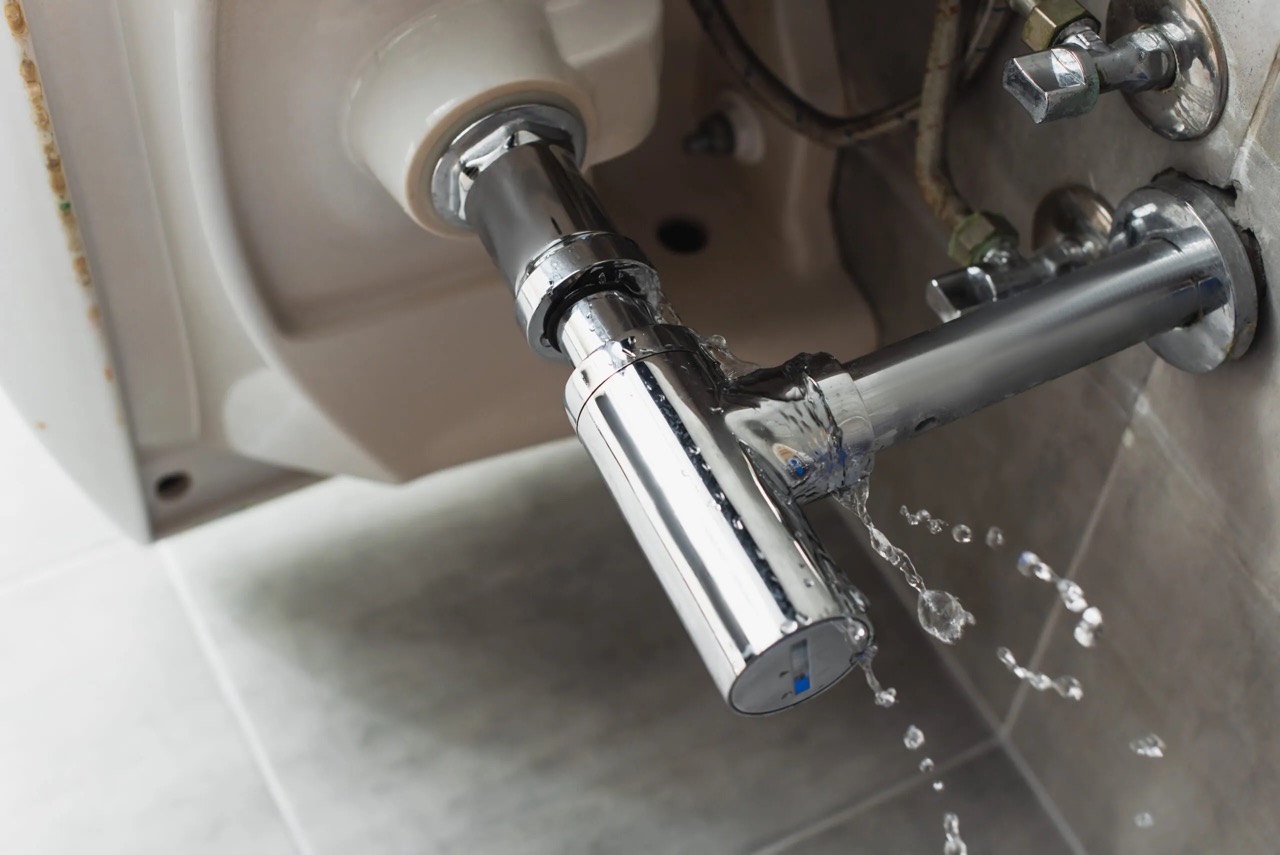
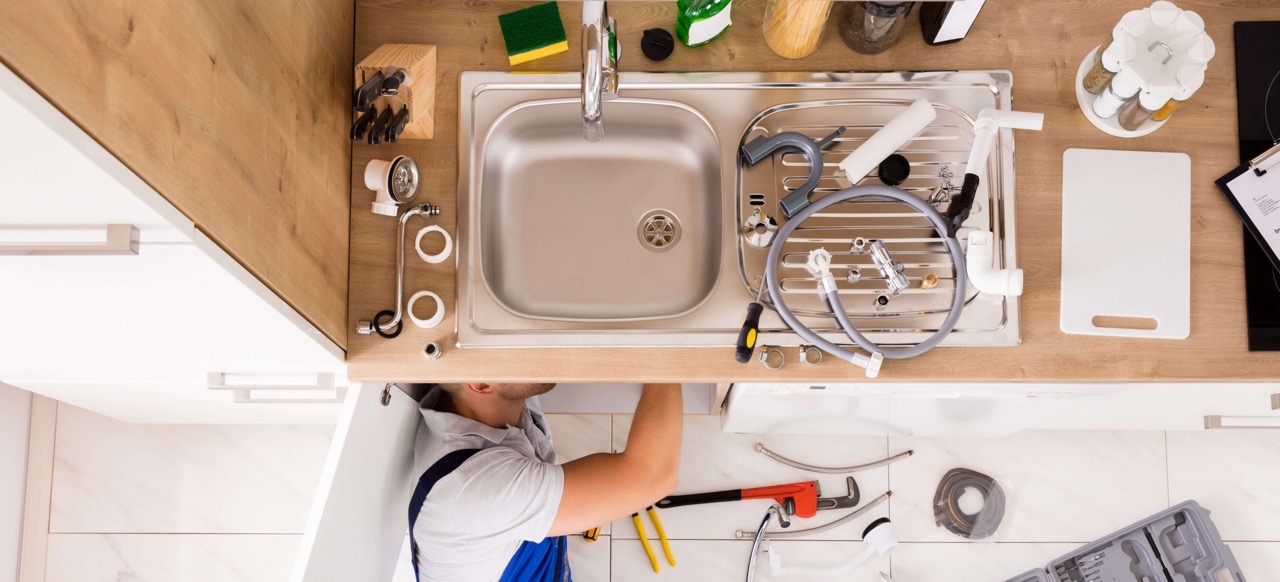
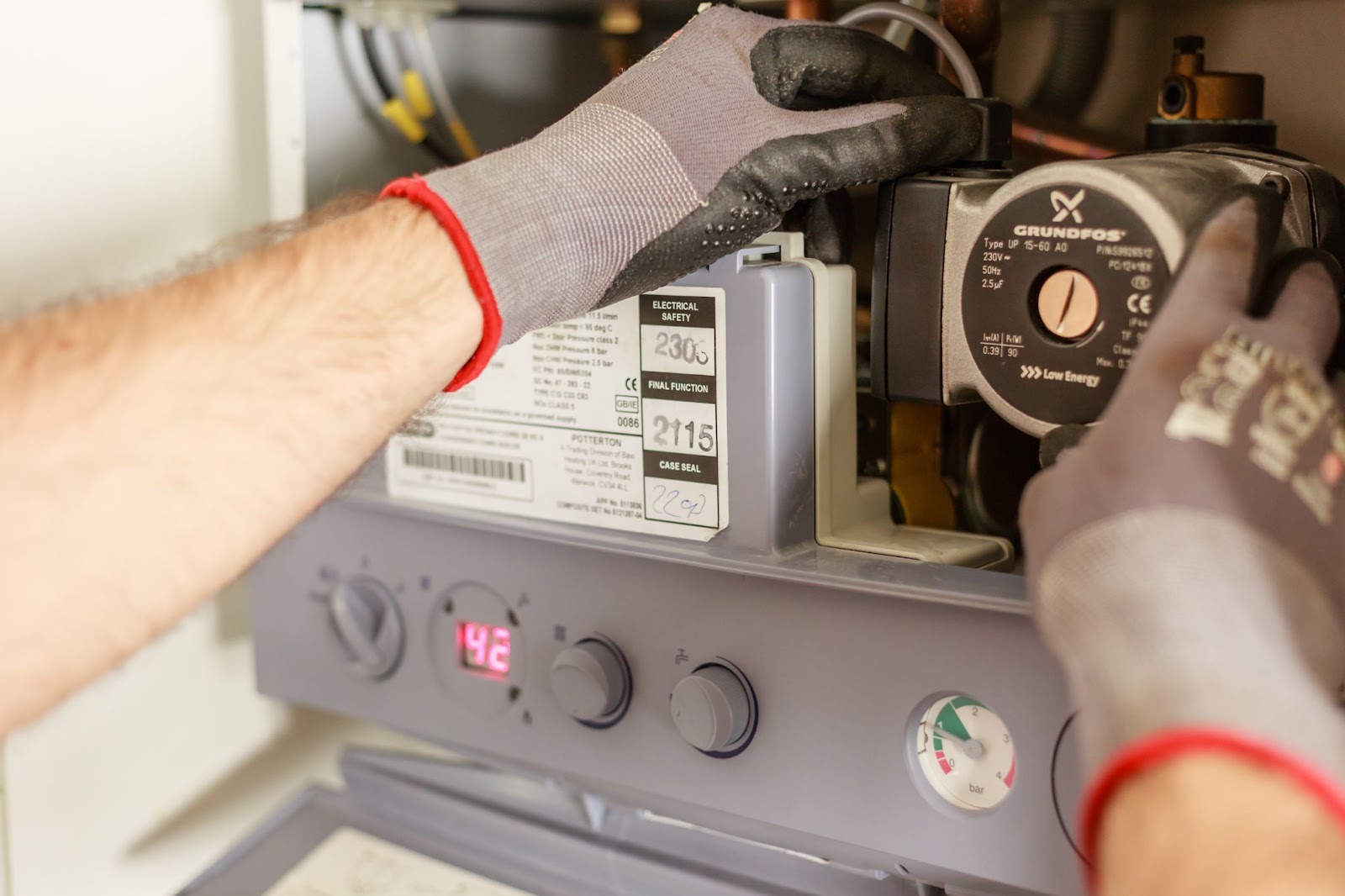
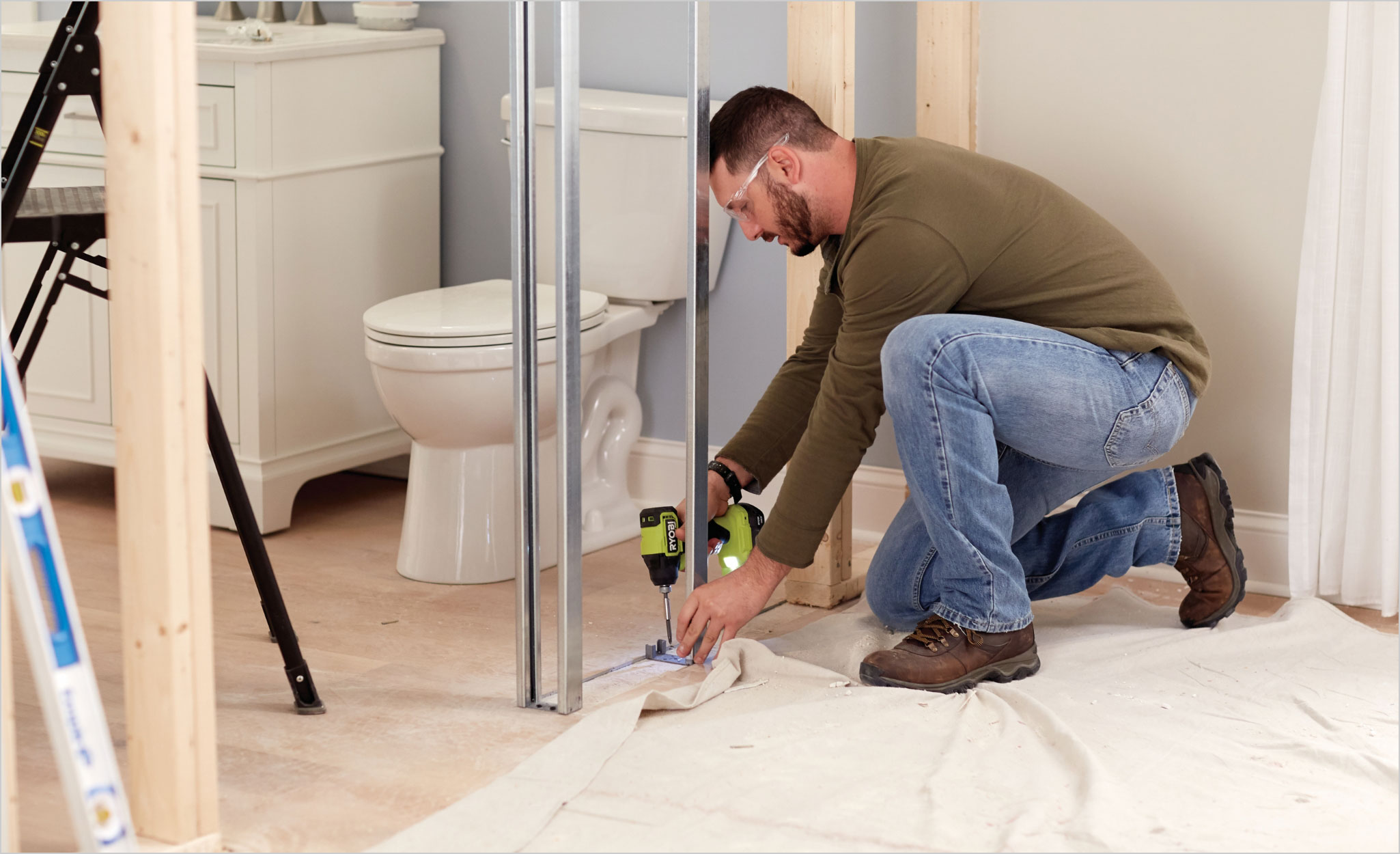
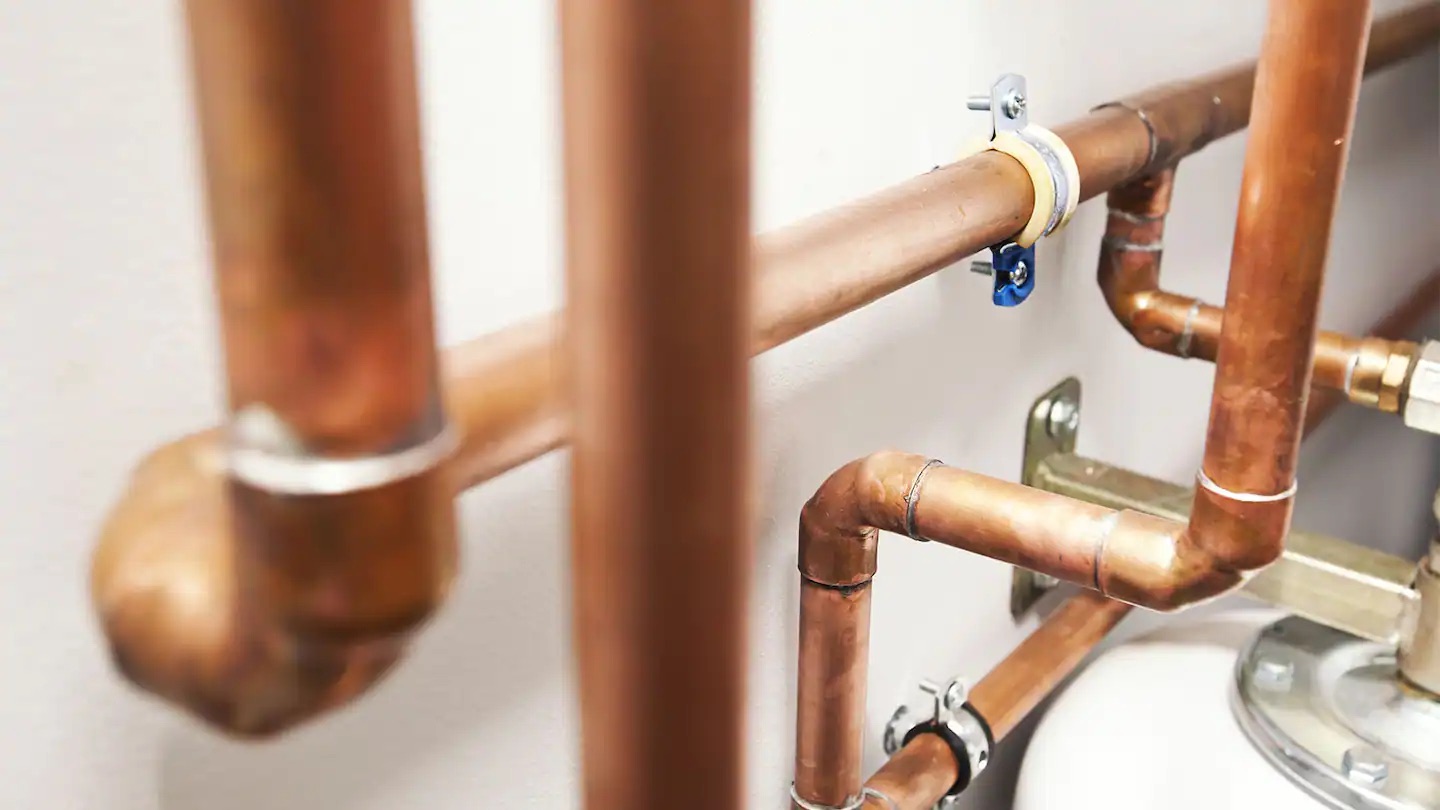
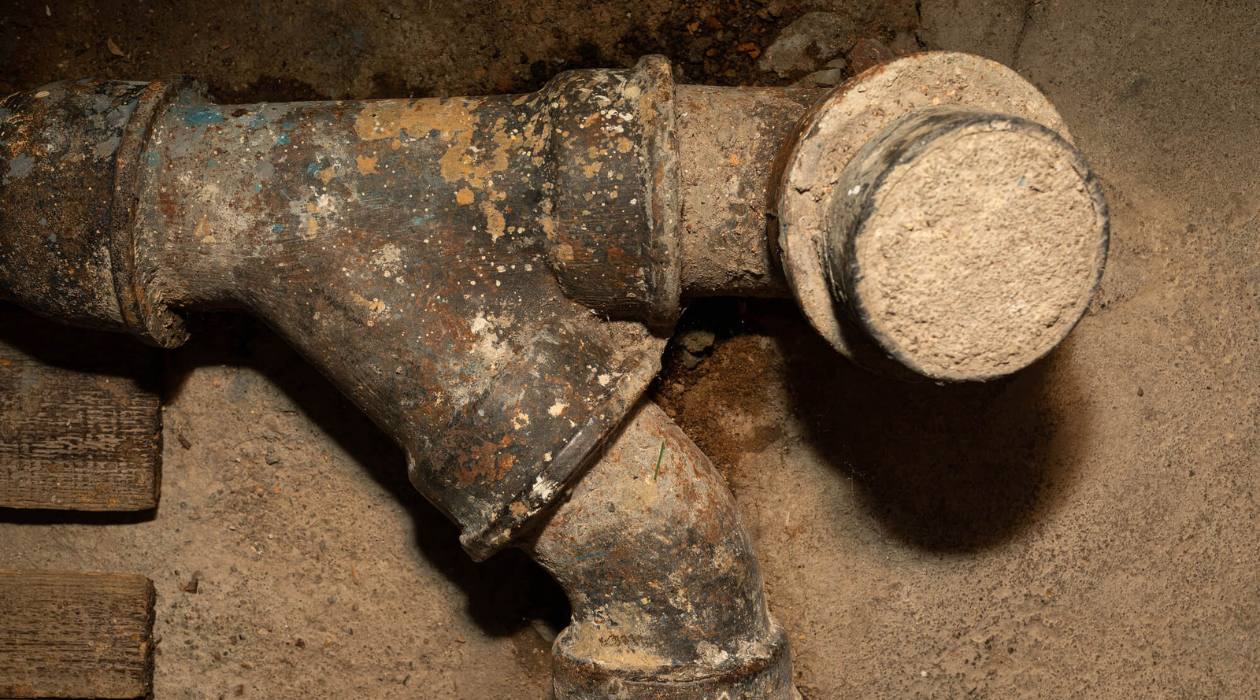
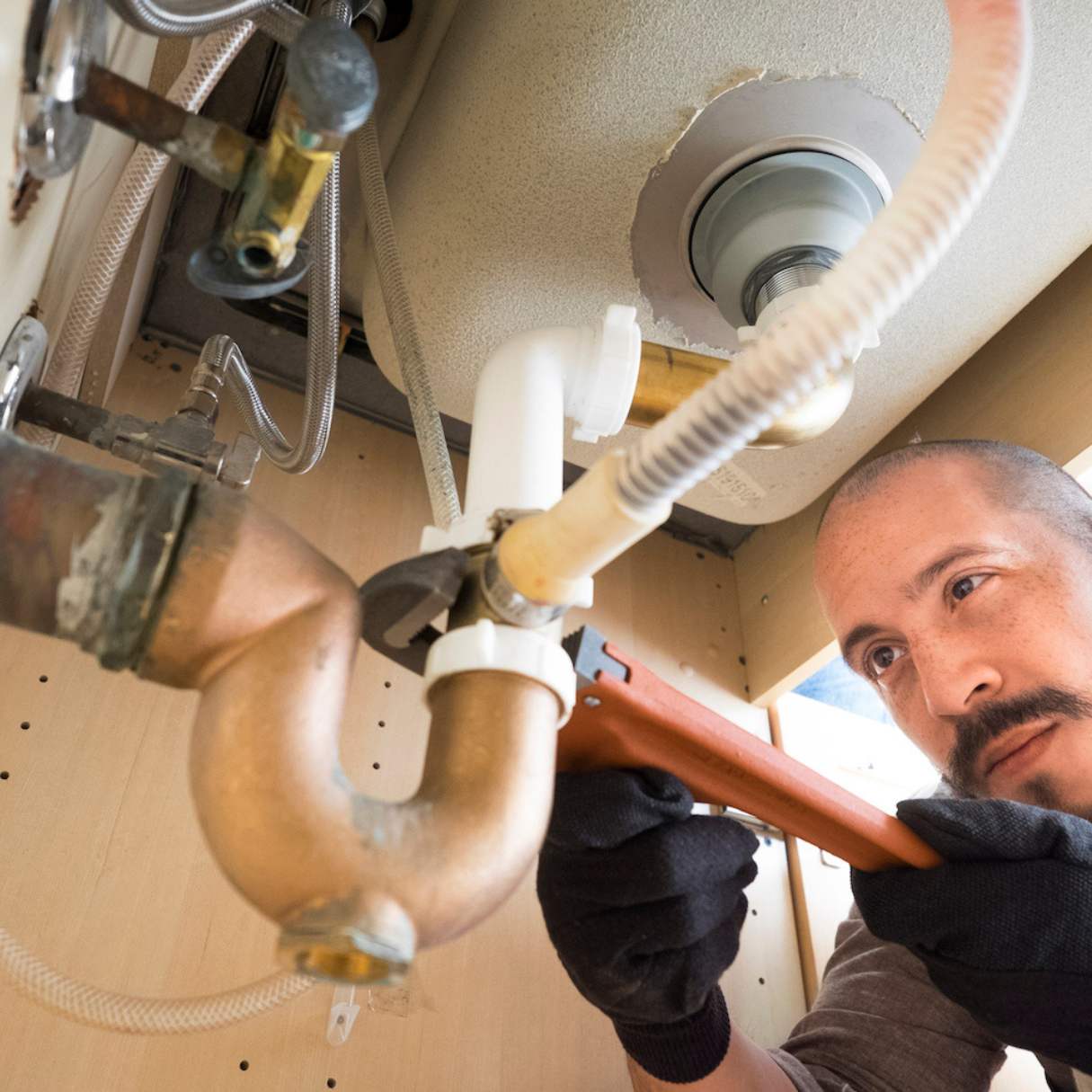
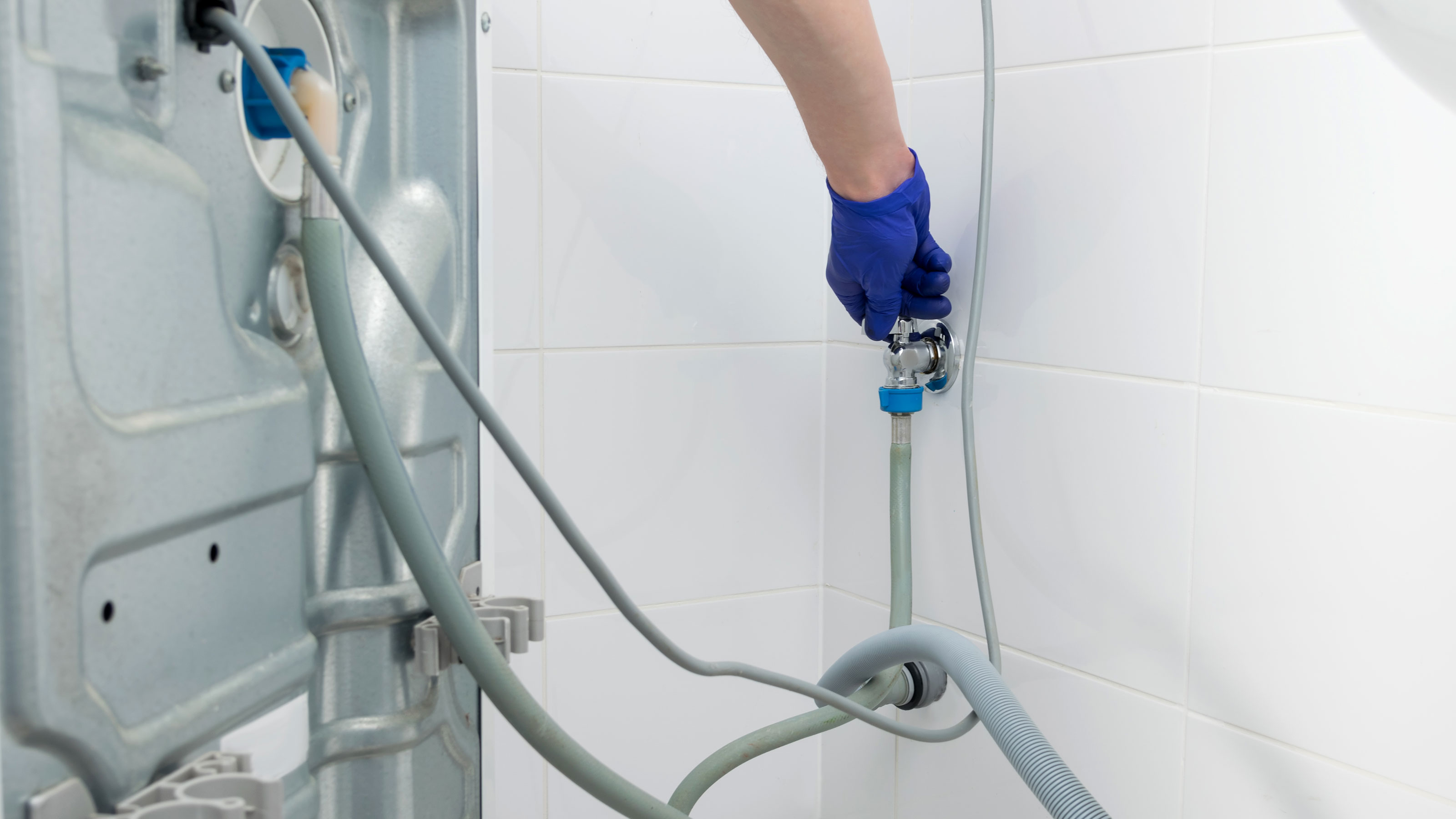
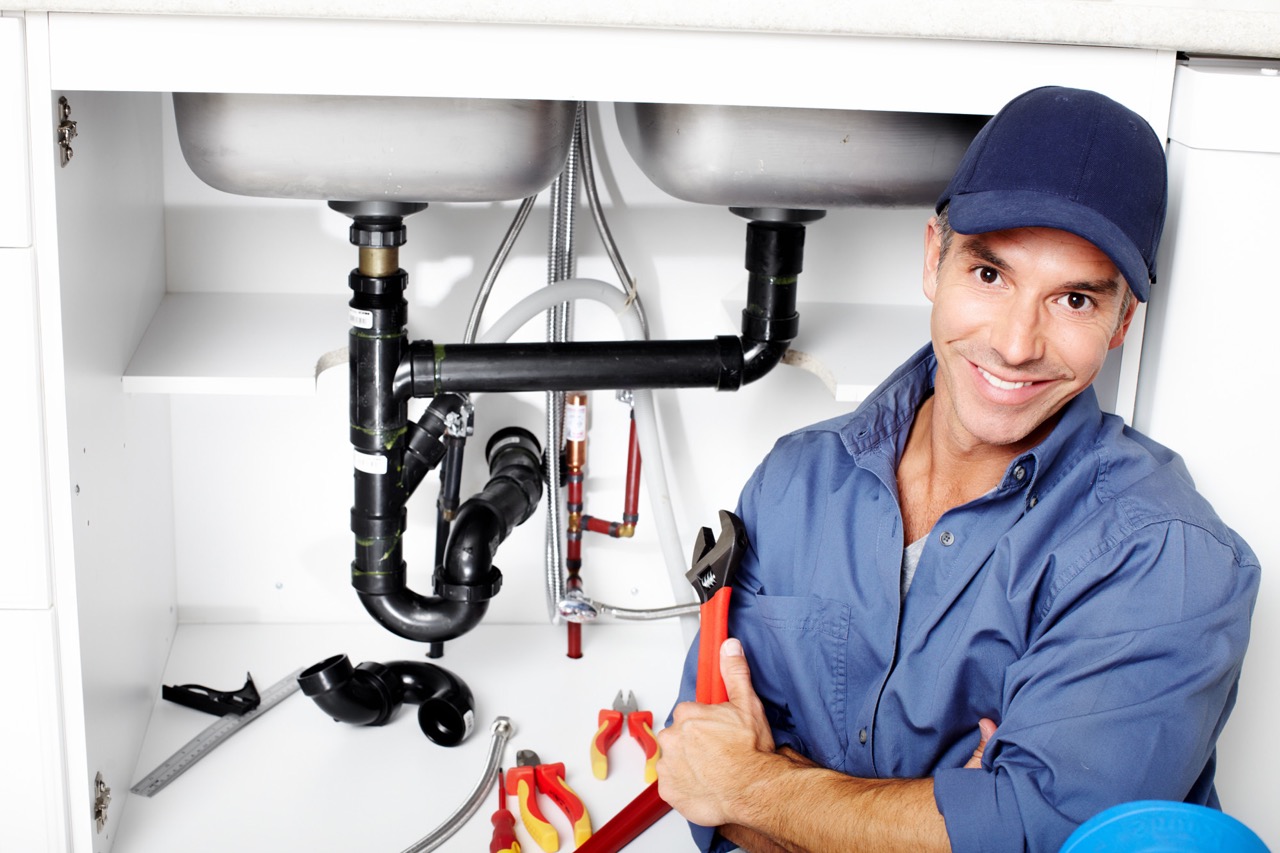





0 thoughts on “How Much Does Plumbing School Cost”